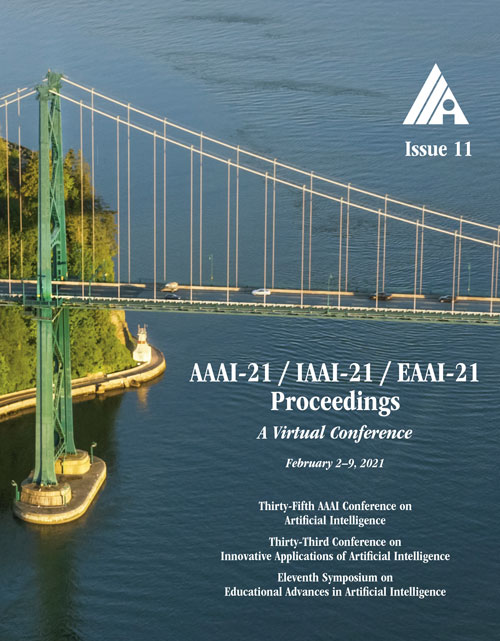Semi-Supervised Node Classification on Graphs: Markov Random Fields vs. Graph Neural Networks
DOI:
https://doi.org/10.1609/aaai.v35i11.17211Keywords:
Probabilistic Graphical ModelsAbstract
Semi-supervised node classification on graph-structured data has many applications such as fraud detection, fake account and review detection, user’s private attribute inference in social networks, and community detection. Various methods such as pairwise Markov Random Fields (pMRF) and graph neural networks were developed for semi-supervised node classification. pMRF is more efficient than graph neural networks. However, existing pMRF-based methods are less accurate than graph neural networks, due to a key limitation that they assume a heuristics-based constant edge potential for all edges. In this work, we aim to address the key limitation of existing pMRF-based methods. In particular, we propose to learn edge potentials for pMRF. Our evaluation results on various types of graph datasets show that our optimized pMRF-based method consistently outperforms existing graph neural networks in terms of both accuracy and efficiency. Our results highlight that previous work may have underestimated the power of pMRF for semi-supervised node classification.Downloads
Published
2021-05-18
How to Cite
Wang, B., Jia, J., & Gong, N. Z. (2021). Semi-Supervised Node Classification on Graphs: Markov Random Fields vs. Graph Neural Networks. Proceedings of the AAAI Conference on Artificial Intelligence, 35(11), 10093-10101. https://doi.org/10.1609/aaai.v35i11.17211
Issue
Section
AAAI Technical Track on Machine Learning IV

